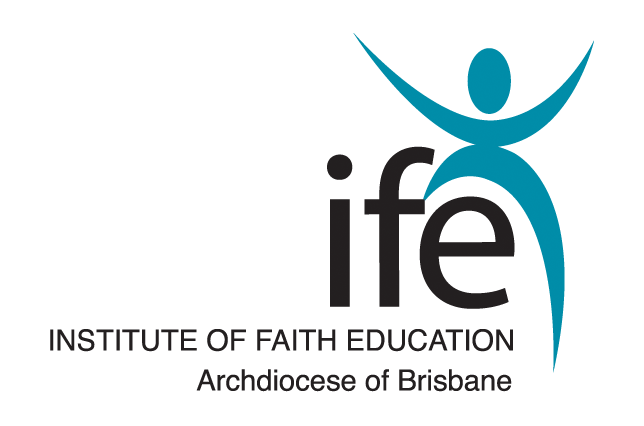Purpose and scope
The assessment policy details how IFE plans and manages assessment in line with its legal obligations. This policy applies to all IFE learners, trainers and assessors.
Responsibility
The assessment policy details how IFE plans and manages assessment in line with its legal obligations. This policy applies to all IFE learners, trainers and assessors.
Assessment
Assessment policy
IFE is committed to ensuring training and assessment is delivered in an inclusive, equitable and safe environment. Training and formation provided reflects industry needs and is designed to support learners to achieve training outcomes.
Assessment in all nationally accredited qualifications and courses is conducted in line with the assessment requirements of the qualification or accredited course and in accordance with the Principles of Assessment and Rules of Evidence.
Assessment tools and practices are designed targeted to the industry outcome and the learner group. Learning activities and assessment design will consider the target work context as well as the prior experience of learners to support efficient, engaging and effective training and assessment of learners.
IFE will make adjustments to the learning programme and assessment procedures to enable learners with a disability to participate in education and training on an equal basis. All such adjustments must be reasonable, justifiable and uphold the integrity of the qualification and competencies. Reasonable adjustments must not change course standards or outcomes or guarantee success. Reasonable adjustments are designed to ensure maximum participation of learners with disability.
Learners may re-submit assessment tasks which do not provide sufficient evidence to meet competency standards. The IFE will accept one re-submission of any one assessment task. At the discretion of the IFE, further resubmissions for assessment tasks may be permitted.
Assessment dates are provided to learners at the commencement of a course or course component. Details will be provided on whether extensions can be negotiated and the process for doing so. Course expiry dates (the date when a learner’s enrolment in the qualification ends) and unit completion dates (the date when a course component, e.g. a unit of study, ends) cannot be adjusted. Any extensions are negotiated within the timeframe of a learner’s enrolment in the course or in a unit. Deferral of a unit and course withdrawal and re-enrolment are processes that can be used where a learner cannot meet the requirements of a course within these dates. These processes are designed to ensure that a learner’s progress is managed effectively and any competencies attained are issued and reported.
Plagiarism and collusion
Any detected cases of plagiarism or inappropriate collusion in assessments will automatically render the assessments unsatisfactory. Students will be asked to submit additional assessments to meet assessment requirements or, at the discretion of IFE, may be permitted to resubmit assessments that are marked unsatisfactory due to plagiarism or collusion.
Information on plagiarism and collusion is to be provided to learners in course handbook in a format suited to the learner cohort and the course.
Assessment validation
Validation of assessment tools and assessment processes are systematically implemented across all courses in line with IFE’s assessment validation strategy and schedule. Validations include:
-
- Pre-assessment validation of assessment tools, principles and processes completed as part of planning for a new course or major revision of a course.
- Validation / moderation of assessment judgments completed systematically as part of quality assurance of each course being delivered.
- Validation of assessment tools, principles and processes by a specialist group to support industry consultation and industry input into training design and as part of continuous improvement processes for course and assessment design.
Recognition of Prior Learning
All learners in nationally accredited courses shall have access to and be offered Recognition of Prior Learning (RPL). Learners shall be given information and guidance to support their ability to make decisions about the suitability of RPL for their own context. This information must include information about fees that apply for RPL and the implications for learners if the RPL assessment determines that competency has not been demonstrated.
Applications for skills recognition assessments will be managed and assessed by a person or persons with appropriate expertise. RPL assessment processes will be valid, reliable, flexible and fair. Evidence collected to support this process will be sufficient and authentic.
Credit Transfer
Where learners have previously completed a relevant training product which is determined by IFE to be equivalent in content and training outcomes, credit transfer is granted (unless prevented by licensing or regulatory requirements) where this is evidenced by:
- AQF certification documentation issued by another RTO or AQF authorised issuing organisation, or
- authenticated VET transcripts issued by the Student Identifiers Registrar.
Responsibility for determining credit transfer rests with the IFE Registrar. Application details and outcomes are recorded in the Credit Transfer Register.
